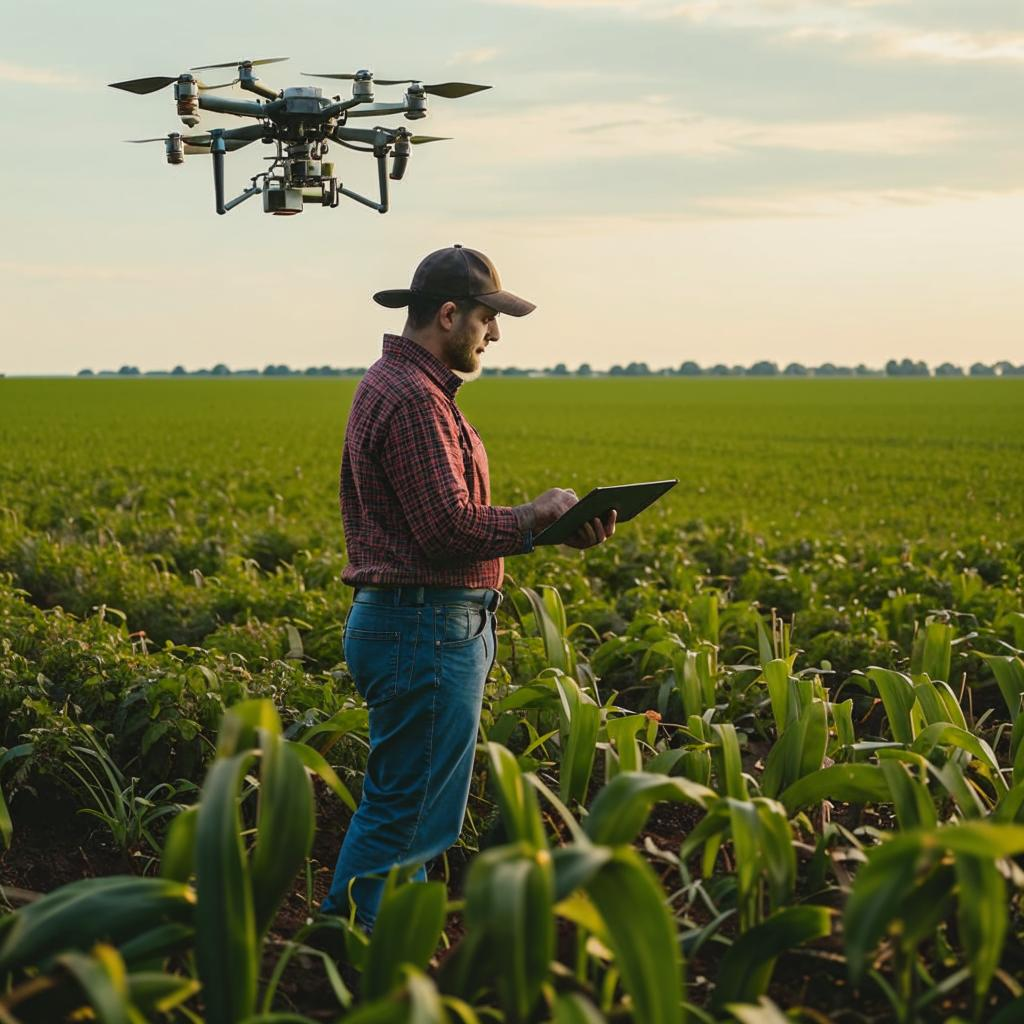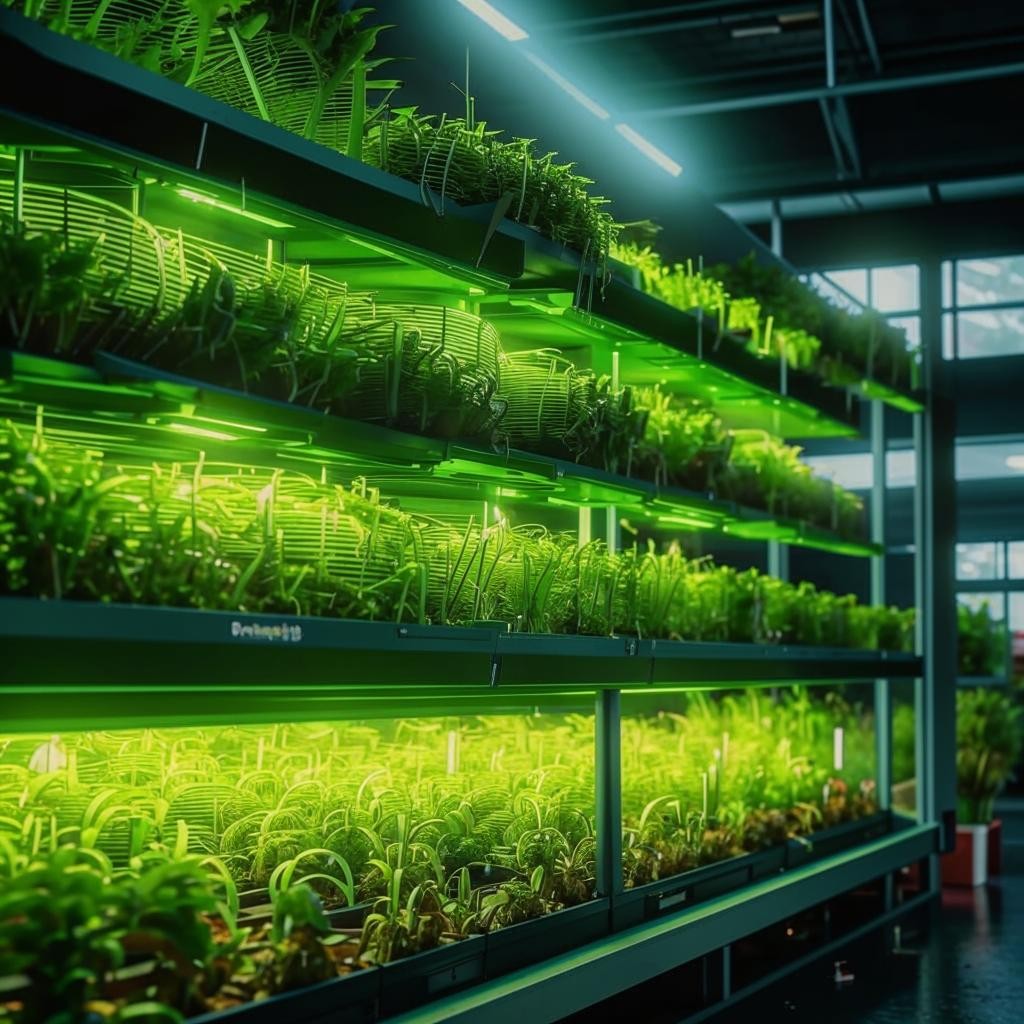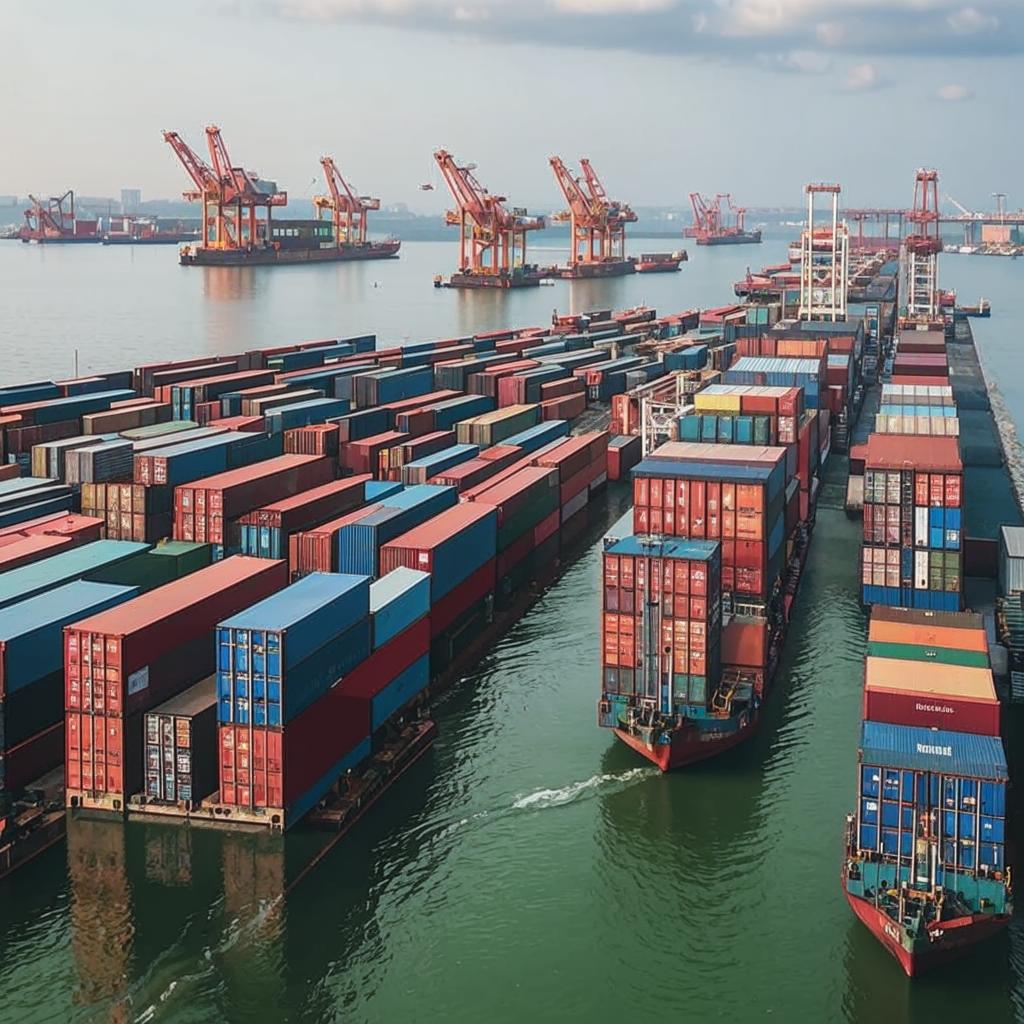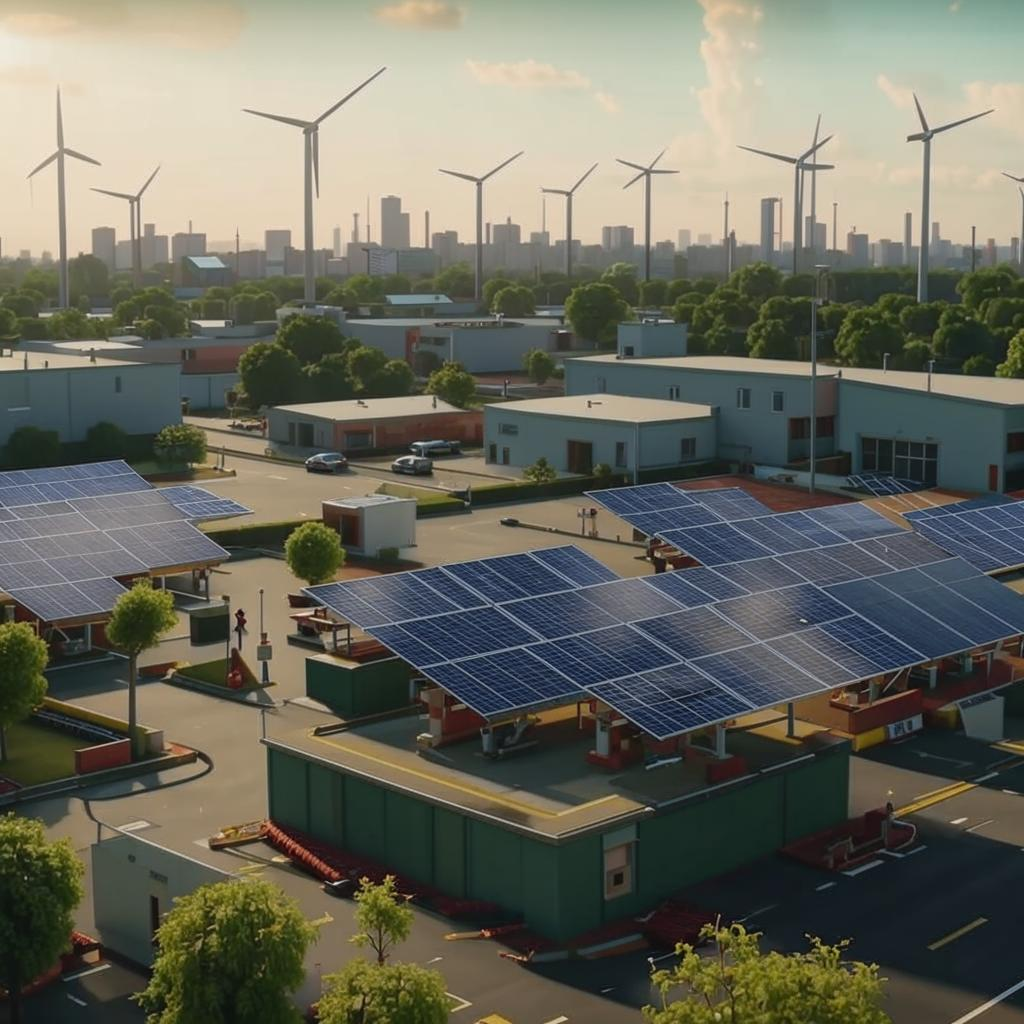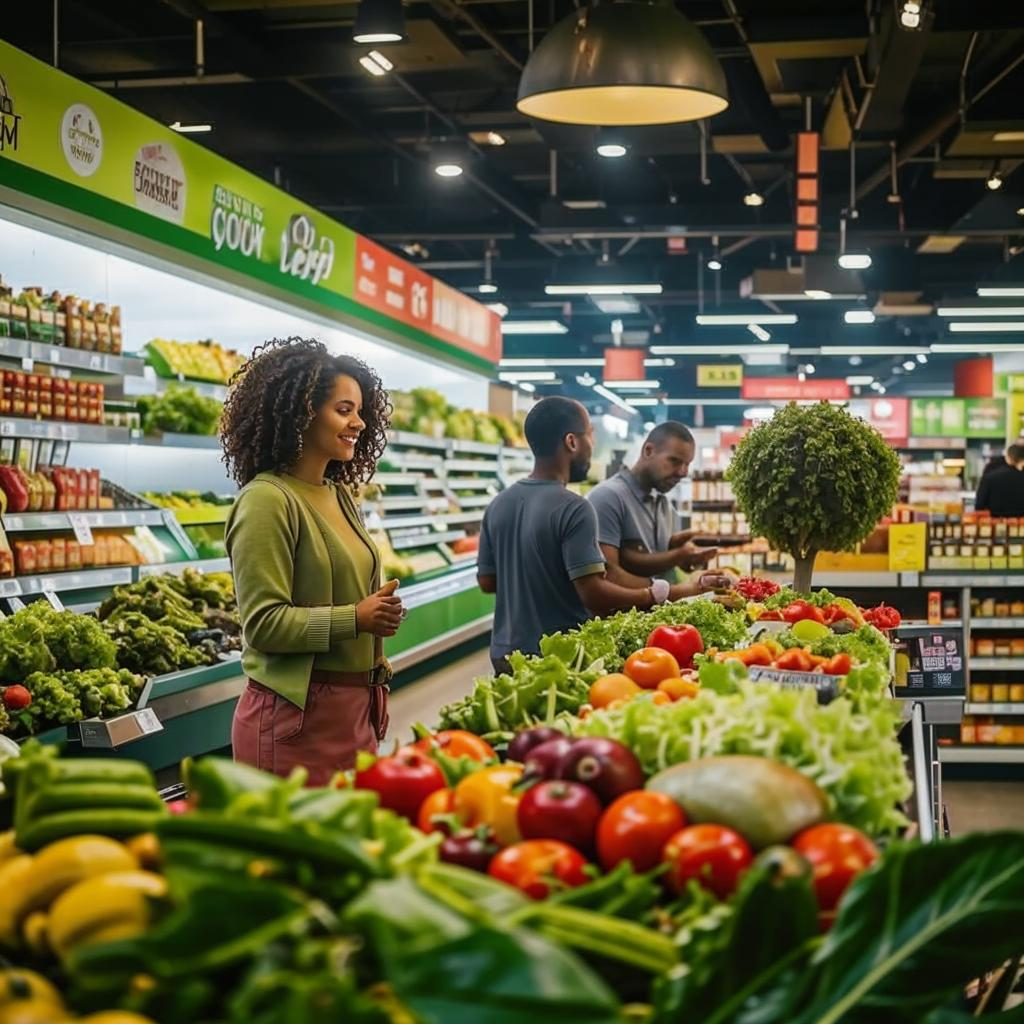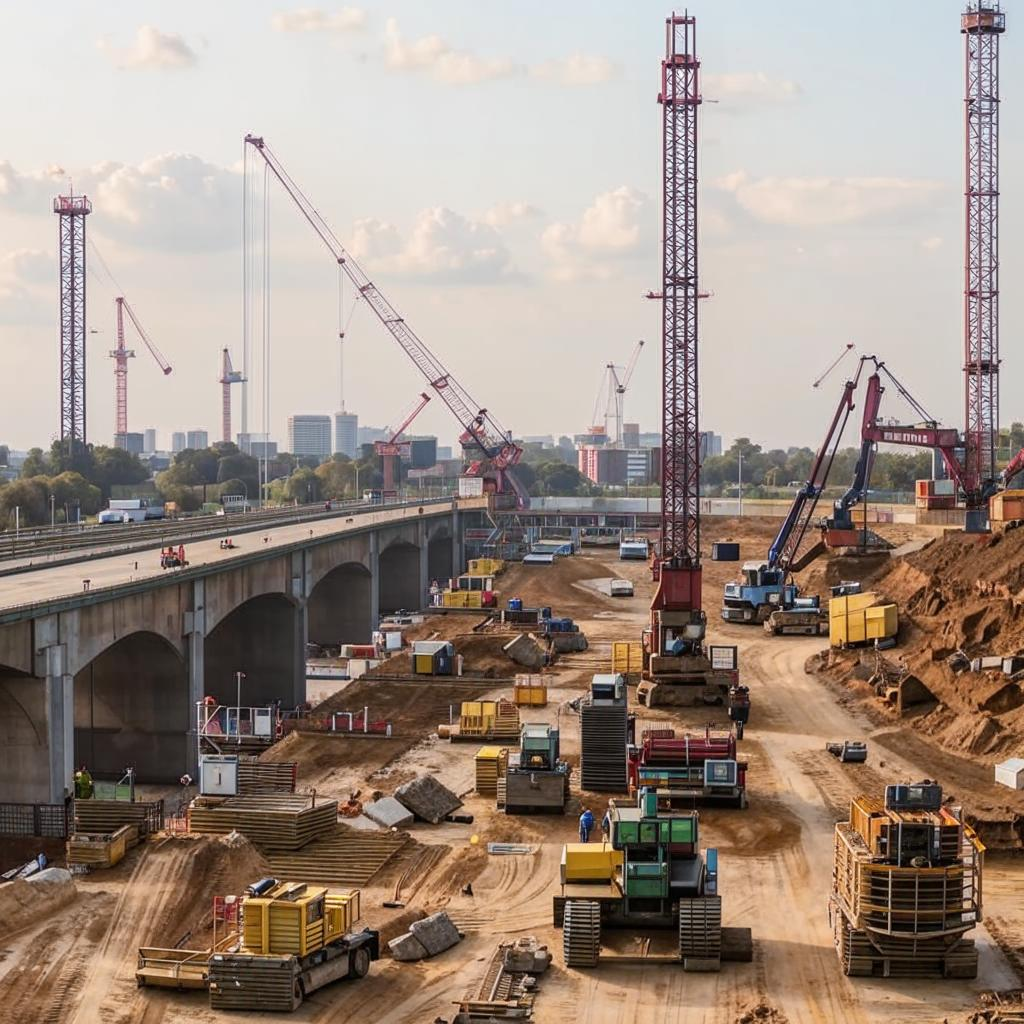Artificial intelligence (AI) is rapidly transforming the agriculture industry, offering farmers unprecedented opportunities to optimize their operations, increase yields, and promote sustainable practices. Farmers are increasingly adopting AI-powered solutions to tackle challenges such as labor shortages, resource management, and climate change.
One of the key applications of AI in farming is precision agriculture. AI algorithms analyze vast amounts of data collected from sensors, drones, and satellites to provide farmers with real-time insights into crop health, soil conditions, and weather patterns. This enables them to make informed decisions about irrigation, fertilization, and pest control, minimizing waste and maximizing resource efficiency.
AI is also playing a crucial role in automating various farming tasks. Robots equipped with AI can perform tasks such as planting, weeding, and harvesting with greater speed and accuracy than human labor. This not only reduces labor costs but also improves the quality and consistency of agricultural products. Furthermore, AI-powered predictive analytics can forecast crop yields, allowing farmers to better plan their production and marketing strategies.
However, the adoption of AI in farming is not without its challenges. The high cost of AI technologies, the lack of digital infrastructure in rural areas, and the need for specialized training are significant barriers to entry for many farmers. Addressing these challenges will be crucial to ensure that the benefits of AI are accessible to all farmers, regardless of their size or location. Overall, AI has the potential to transform agriculture into a more efficient, sustainable, and resilient industry.
